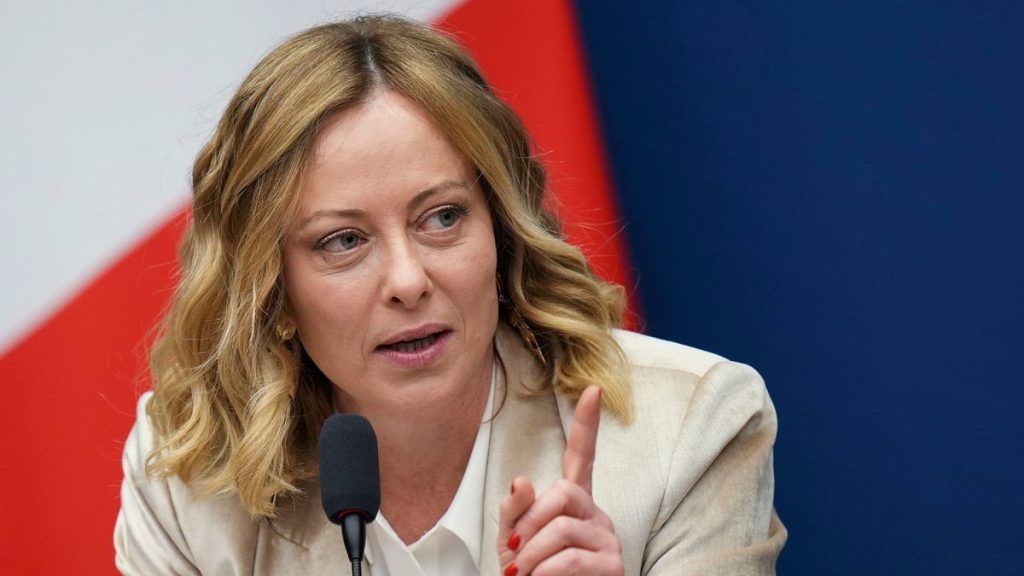This trilateral agreement marks a significant step towards a cleaner energy future for Italy and Albania, leveraging the renewable energy expertise of the UAE. The agreement centers around developing renewable energy sources in Albania, primarily solar and wind power, with the UAE providing the necessary technological and financial support. A crucial element of the plan involves constructing an underwater cable across the Adriatic Sea to transmit the generated electricity to Italy. This cross-border energy exchange reinforces existing power connections between Italy and the Balkan region, strengthening energy security and promoting regional cooperation in the pursuit of sustainable energy solutions. The project aims to augment Albania’s growing renewable energy capacity, which has already seen substantial increases in recent years, and further diversifies Italy’s energy sources.
The estimated value of the deal is approximately €1 billion, and the projected timeline for operationalization is within three years. The connection will link the Albanian port of Vlore with the Italian region of Puglia, capitalizing on the shortest distance between the two countries. Key players involved in the project include the Italian grid operator Terna and the UAE National Energy Company. This collaboration signifies a strategic partnership that combines Albania’s natural resources, Italy’s energy market infrastructure, and the UAE’s advanced renewable energy technology. The partnership highlights the growing trend of international collaboration in addressing climate change and promoting clean energy transition.
For Italy, this agreement serves a dual purpose. It addresses the country’s increasing electricity demands, driven in part by the burgeoning energy consumption of AI technologies, while simultaneously advancing its commitments to sustainable energy targets outlined in UN climate conferences. This approach demonstrates a pragmatic strategy to transition away from fossil fuels. Italian Premier Giorgia Meloni emphasized the importance of balancing sustainability with innovation in achieving a successful energy transition. She highlighted nuclear fusion as another potential avenue for clean and safe energy production, showcasing the country’s openness to exploring diverse technological solutions for a sustainable energy future.
The UAE, despite being a major oil producer, has set an ambitious goal of achieving carbon neutrality by 2050. Hosting the COP28 climate summit in 2023 further underscored its commitment to addressing climate change. Sultan al-Jaber, UAE’s Minister of Industry and Technology, emphasized the deal’s alignment with the global objective of tripling renewable energy capacity. He highlighted the synergistic nature of the partnership, combining the UAE’s expertise, Albania’s resources, and Italy’s energy market to foster cross-Mediterranean collaboration in renewable energy development and sharing. This collaboration serves as a model for international cooperation in achieving shared climate goals.
This three-way agreement represents a unique partnership between nations that are geographically distant yet united by a common objective. It exemplifies the increasing interconnectedness of the global energy landscape and the importance of international cooperation in addressing the complex challenges of climate change. The project is not solely about energy exchange but also about knowledge transfer and capacity building, contributing to a more sustainable and resilient energy future for all involved parties. The agreement signifies a shift towards a more diversified and interconnected energy system, fostering energy security and promoting sustainable development in the Mediterranean region.
The deal signifies a broader trend of oil-producing nations investing in renewable energy, demonstrating a recognition of the need for diversification and a transition to cleaner sources. The UAE’s involvement, despite its significant oil production, showcases its commitment to a balanced energy portfolio and a sustainable future. This initiative aligns with global efforts to mitigate climate change and transition away from fossil fuels. It underscores the growing importance of international partnerships in achieving shared climate goals and building a more sustainable energy future. The agreement’s success could serve as a model for other regions seeking to accelerate their clean energy transition through international collaborations.














